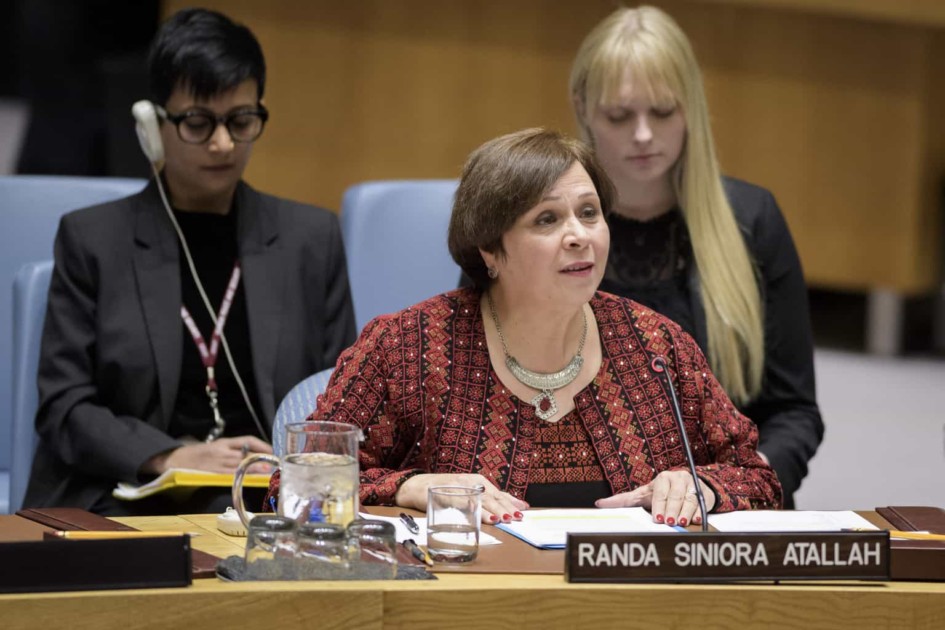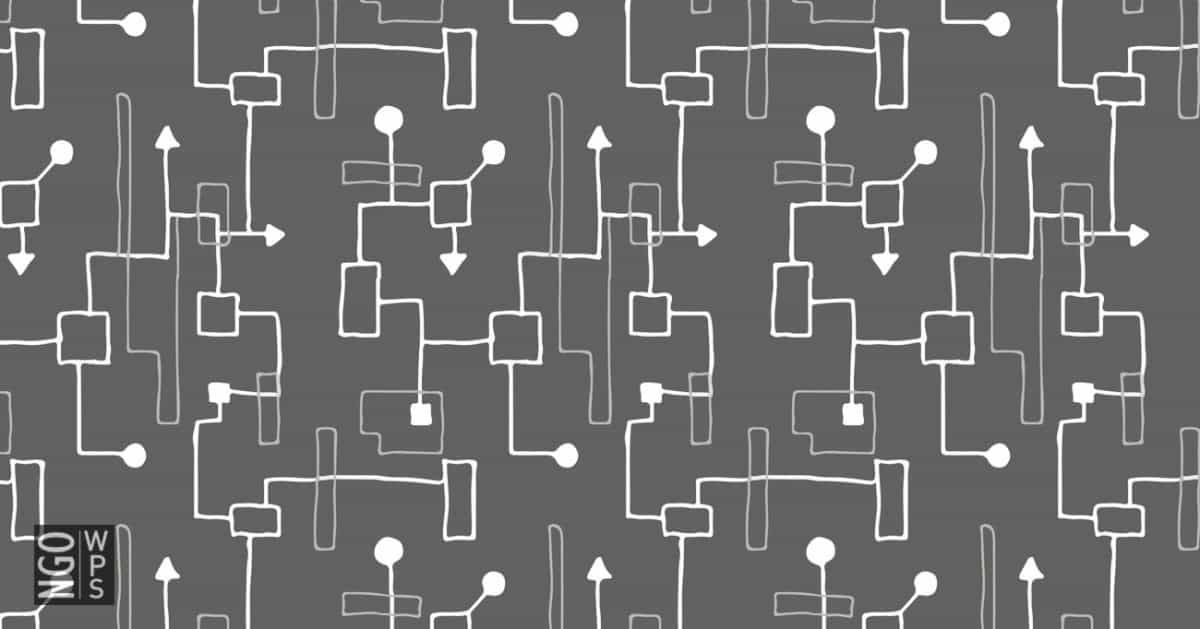Israel & Palestine
Israel & Palestine
Women in Israel and Palestine have consistently been leaders in the process to bring peace to the Middle East, including by demonstrating against the occupation on International Women’s Day in March 2015. Damaged infrastructure, reduced services, food insecurity and displacement caused by the occupation and subsequent conflicts have had a particular impact on women, notably in the marginalized Palestinian territories.
Neither Israel nor Palestine has a National Action Plan on Women, Peace and Security as per Resolution 1325, and although both are parties to the Convention on the Elimination of All Forms of Discrimination against Women (CEDAW), significant obstacles remain to gender equality— including outdated personal status laws that are still enforced in both areas. Despite the frequency with which the Security Council discusses the situation in the Middle East, the gendered aspects of violence against civilians and its effects on women and girls has never been debated within the Council.
Based on the work of NGOWG members and their partners, the NGOWG advocates for remedying this discrepancy by calling for the effective and meaningful inclusion of women in all actions taken by the United Nations Truce Supervision Organization (UNTSO). The Council should further ensure a focus on women’s rights and gender issues in all aspects of current and ongoing peace and security processes in Israel and Palestine.
Current and Past Recommendations to the UN Security Council (Monthly Action Points)
The current escalation of violence comes amid the more than half-century long occupation of the Gaza Strip and the West Bank (including East Jerusalem), and the humanitarian crisis has worsened as a result of not only the violence, but the pre-existing air, land and sea blockade, in place since 2007, which saw the erosion of infrastructure and services across Gaza. The hostilities in Gaza since October 2023 have now killed over 26,000 Palestinians, approximately 70% of whom are women and children. Out of 2.2 million people in Gaza, 1.7 million people, including nearly 1 million women, are internally displaced. The constant bombardment of hospitals, combined with the Israeli government’s restrictions on fuel and aid, has led to the collapse of the healthcare system, resulting in specific consequences for women. Some maternity units are not operating at all, and women must travel to hospitals further away, putting them at additional risk. Of the estimated 5,500 women who are expected to give birth in Gaza in the next month, 840 are likely to experience pregnancy or birth-related complications. Over 60% of all housing units in the Gaza Strip have been destroyed, leaving women and their families homeless and obliged to seek safety in already severely overcrowded schools or hospitals or with other families, a situation that officials warn could lead to the rapid spread of infectious diseases. The violence has not been limited to Gaza; since 7 October, 370 Palestinians have been killed in the West Bank, more than in any entire year since the UN systematically began recording fatalities in 2005. Arrests are on the rise, with more people, including women, in administrative detention without trial or charge than in 30 years. Peacebuilders and human rights defenders, including women, are increasingly under threat of violence and detention for speaking out, posting on social media, and simply expressing support for people in Gaza. The Security Council must:
- Demand an immediate and sustained cessation of hostilities and further demand all parties immediately stop all unlawful attacks on civilians, civilian infrastructure and humanitarian actors; call on all actors to uphold international human rights and humanitarian law, and all relevant Security Council resolutions, including on women, peace and security; and work towards a long-term and peaceful resolution to the conflict.
- Call on the government of Israel to immediately and fully comply with the provisional measures ordered by the International Court of Justice to protect Palestinians in Gaza from acts of genocide, including refraining from acts under the Genocide Convention and taking immediate and effective measures to ensure provision of humanitarian assistance to civilians in Gaza. All Member States must uphold their obligation to prevent genocide.
- Demand the immediate and unconditional release of all hostages. All those captured, including combatants, must be treated humanely, with dignity, and in accordance with international humanitarian law.
- Demand an immediate end to the forcible transfer of civilians in violation of international humanitarian law. Forcibly relocating large numbers of civilians to an even smaller strip of land that is an active war zone, without safe passage or adequate services on arrival, risks exacerbating the current humanitarian catastrophe and loss of life.
- Demand the lifting of the total blockade of Gaza, which is a violation of international law and amounts to collective punishment of a civilian population.
- Ensure immediate, safe, unhindered and expanded humanitarian access for the provision of basic services and life-saving relief assistance, including food, water, fuel, medical supplies and care, electricity and internet access, and safe access of humanitarian and medical personnel into Gaza, as required by Resolution 2720.
- Call on donors to fully fund the 2023 Flash Appeal for the Occupied Palestinian Territory and to scale up sustainable, direct and flexible funding for national NGOs, particularly women-led local civil society organizations. Further, donors should urgently reverse recent decisions to withhold funds from the United Nations Relief and Works Agency for Palestine Refugees in the Near East (UNRWA), and support its continued and vital operations.
- Urge all parties to cooperate with independent, impartial, investigative mechanisms, including the Independent International Commission of Inquiry on the Occupied Palestinian Territory, including East Jerusalem and Israel, to monitor, collect and verify evidence, and report on human rights violations and abuses, including all forms of gender-based violence, committed by all parties on and since 7 October; and further, ensure that all justice and accountability efforts are human rights-based, survivor-centered and non-discriminatory, and designed and implemented in partnership with survivors.
- Demand that the rights of diverse Palestinian women and other marginalized groups, including human rights defenders, peace activists and journalists, are protected and upheld in line with international law, and that Palestinian women are able to fully contribute to any de-escalation, ceasefire or other efforts to negotiate peace.
Relevant Resources









